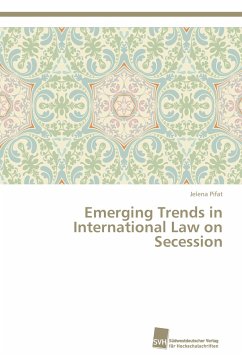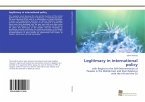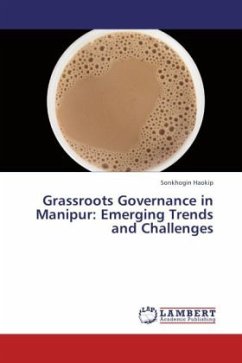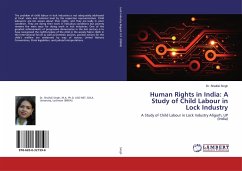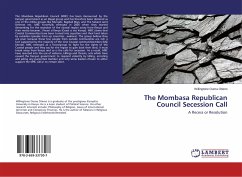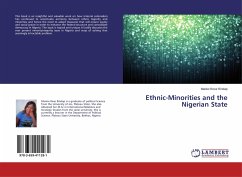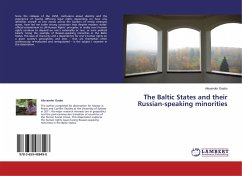The past two decades were the age of secession - many ethnic groups have claimed the right to secede, and their independence results in the disruption of the unity of a state which they no longer regard as their sovereign. This study identifies the emerging trends in international law on secession, then compares them with the remedial right to secede in political theories, and in the end examines the elements of remedial right to secession in the case of Kosovo. In international law, only mandated, trust and non-self-governing territories and peoples under foreign domination are entitled to external self-determination, but the emerging trends allow remedial secession in cases where a territorially concentrated sub-state group is oppressed for a long period of time. Kosovo had two grounds for remedial secession: the denial of the right to representation and human rights violations. The partition option should be considered - the recognition of an independent Kosovo by Serbia and the incorporation of the northern part of the province, mostly inhabited by Serbs, into Serbia.

